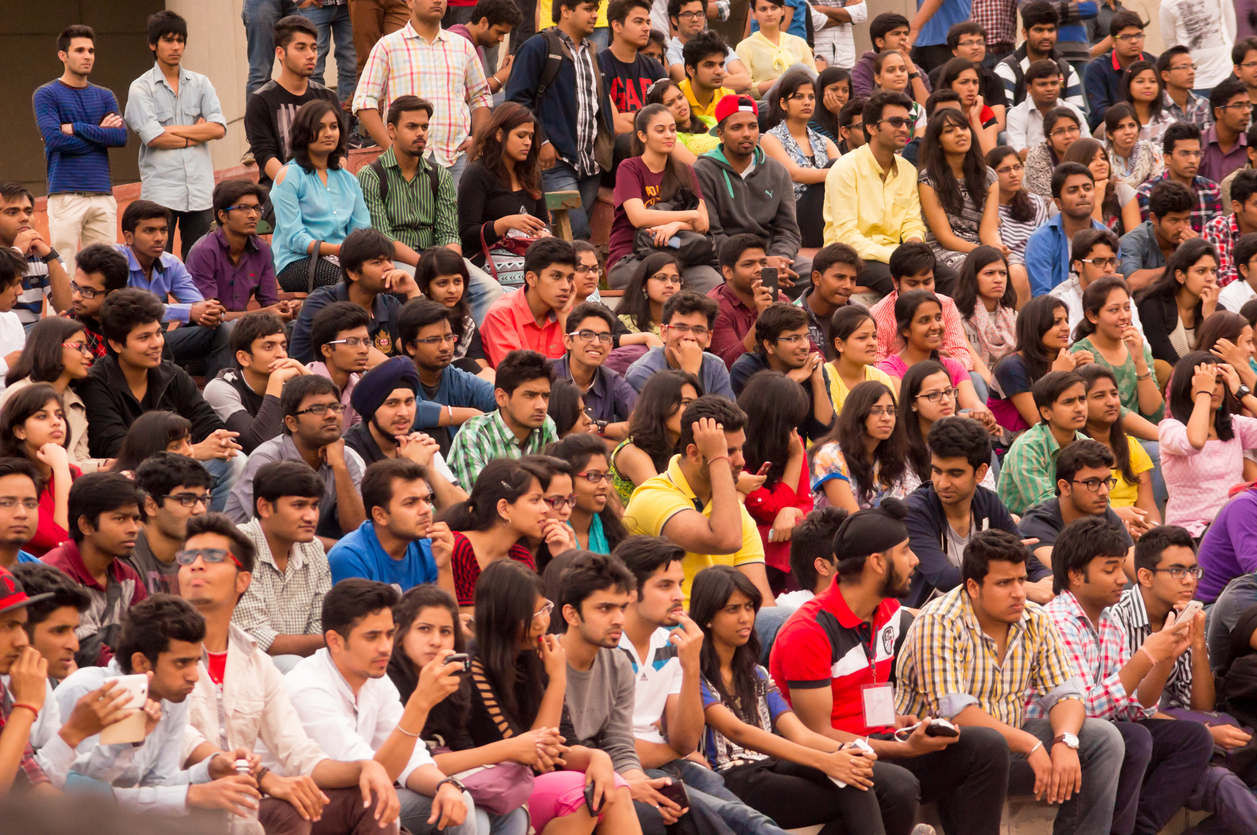
Unable to find jobs, engineering graduates hit roads as delivery boys

An engineering graduate from Salem, Kumaresh, now works as a delivery boy with the Swiggy. After vigorously hunting for jobs over a year, all he could do was find a temporary job with the food delivery app.
According to an employability report published last year by Aspiring Minds, an employment agency, more than 80% of engineering graduates are unemployed for any job in the knowledge economy, which might be why engineering colleges are struggling to get their seats filled.
According to the All India Council for Technical Education (AICTE) data, in 2018, colleges had a total 16.62 lakh undergraduate and postgraduate seats but the intake stood at 8.18 lakh, leaving 49.8% vacant. A declining trend is being seen since 2013. In 2018, nearly 200 substandard engineering colleges had applied for closure, according to the report.
Also read: How wristbands keep caste lines alive among students in Tamil Nadu
It is to be noted that out of the top 100 engineering colleges in the country, 10 are in Tamil Nadu. But ironically, 52% of the seats were still vacant in Tamil Nadu, which is considered one among the most literate states and most sought after engineering education destinations. A similar crisis has been observed in states like Telangana, Gujarat, West Bengal, Kerala, and Maharashtra. The most affected are those who have enrolled in Computer Science, Electrical and Electronics streams.
According to Premanand Sethurajan, engineer and founder, Let’s make engineering simple, “People are running campaigns saying students pursuing engineering will not get jobs. This has created panic among those who want to enroll.”
Contrary to this opinion, he believes there is an immense opportunity in engineering, but the issue is in the gap between the knowledge gained in colleges and skills required at workplace.
“With proliferation of technology in the past 10 years, the gap between what students learn and what they do at work has widened. Here, a student learns programming with great difficulty in college, but he has to deal with developments like Artificial Intelligence at the workplace. Thus, he ends up struggling and lacks the motivation to move forward,” he says.
Premanad believes that the teaching must involve practical lessons on Industrial Automation, Nano Technology, Artificial Intelligence and Robotics.
Also read: Namma Bengaluru has a love-hate relationship with students
Mani (name changed), an engineering student specialising in Computer Science, says that they are given 75% theoretical training. “We are only taught the basics of programming. Some chapters deal with mobile computing and Artificial Intelligence, but they are only read to us a theoretical concept in short. When we seek jobs, they test our communication skills, technical abilities, and aptitude, but there is no training for it,” he rues.
Due to substandard quality of education, these students fight their way out to find appropriate jobs. But when they fail, they have the added burden of paying up educational loans. In 2018, the Indian Express reported that defaulters on payment for more than 90 days in education loan grew by 142% in the three years between 2013 and 2016. The Finance Ministry too mentioned a similar rise in Non-Performing Assets in Education, in Parliament.
When students get into the debt trap, they end up opting for other sources of income, just like what Kumaresh did. He tried hard to find an engineering job, but when he failed, he took up the delivery boy job with Swiggy to pay off his loans.


